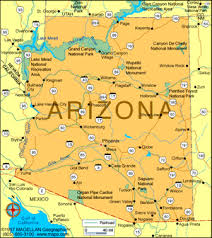 Question: I am widowed, have grown children, my house, car, and financial accounts that are all transfer on death. Do I need a will? Cindy, Missouri.
Question: I am widowed, have grown children, my house, car, and financial accounts that are all transfer on death. Do I need a will? Cindy, Missouri.Response: Legal issues are rarely black and white, most wallow in shades in grey. So it is with your question Cindy. If all of your assets have proper TOD designations, then it is unlikely your heirs shall need to open a probate estate after your passing and, thus, the function of a last will greatly decreases. However, what if an asset exists that you forgot to TOD? What if the form used to create a TOD designation on one of your assets is found invalid? Even in cases where no probate estate is created, a last will naming an executor (aka personal representative) is useful. For instance, your last federal income tax return can be signed by the executor named in your last will. Further, any loose ends with creditors (such as credit card companies), expenses of your last illness, arranging the details of burial, and closing accounts with your financial institutions can be facilitated by someone close to you being named executor in your last will. It gives some semblance of authority to this individual to act in small matters without a formal probate estate being opened.
So one must balance the potential help afforded to your heirs as discussed above against the expense of obtaining a last will. Lawyers do not work cheap; however, they do offer you greater assurance that their work is in accordance with the law. No such assurance comes from online last wills; however, they are inexpensive. Only you can decide how to proceed.
 Question: I am assisting my brother in preparing his wills. He is currently in a rest home. My brother's condition (the result of age and being legally blind) virtually prevents him from signing a Will with a legible signature. I have been told that he can authorize someone else to sign for him, as long as his authorization and the signing is observed by the Will's witnesses. Is that true? Robert, Arizona.
Question: I am assisting my brother in preparing his wills. He is currently in a rest home. My brother's condition (the result of age and being legally blind) virtually prevents him from signing a Will with a legible signature. I have been told that he can authorize someone else to sign for him, as long as his authorization and the signing is observed by the Will's witnesses. Is that true? Robert, Arizona.